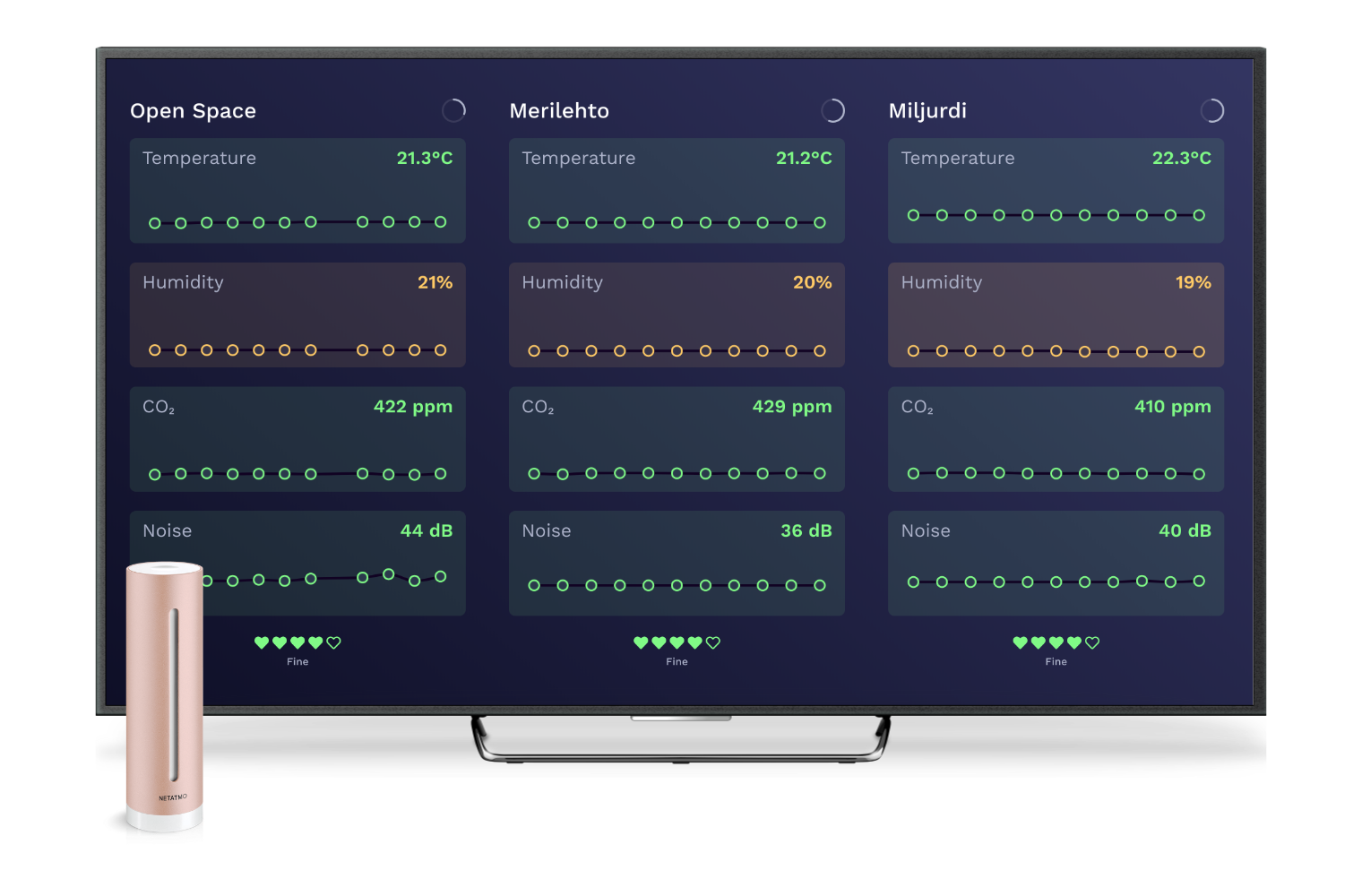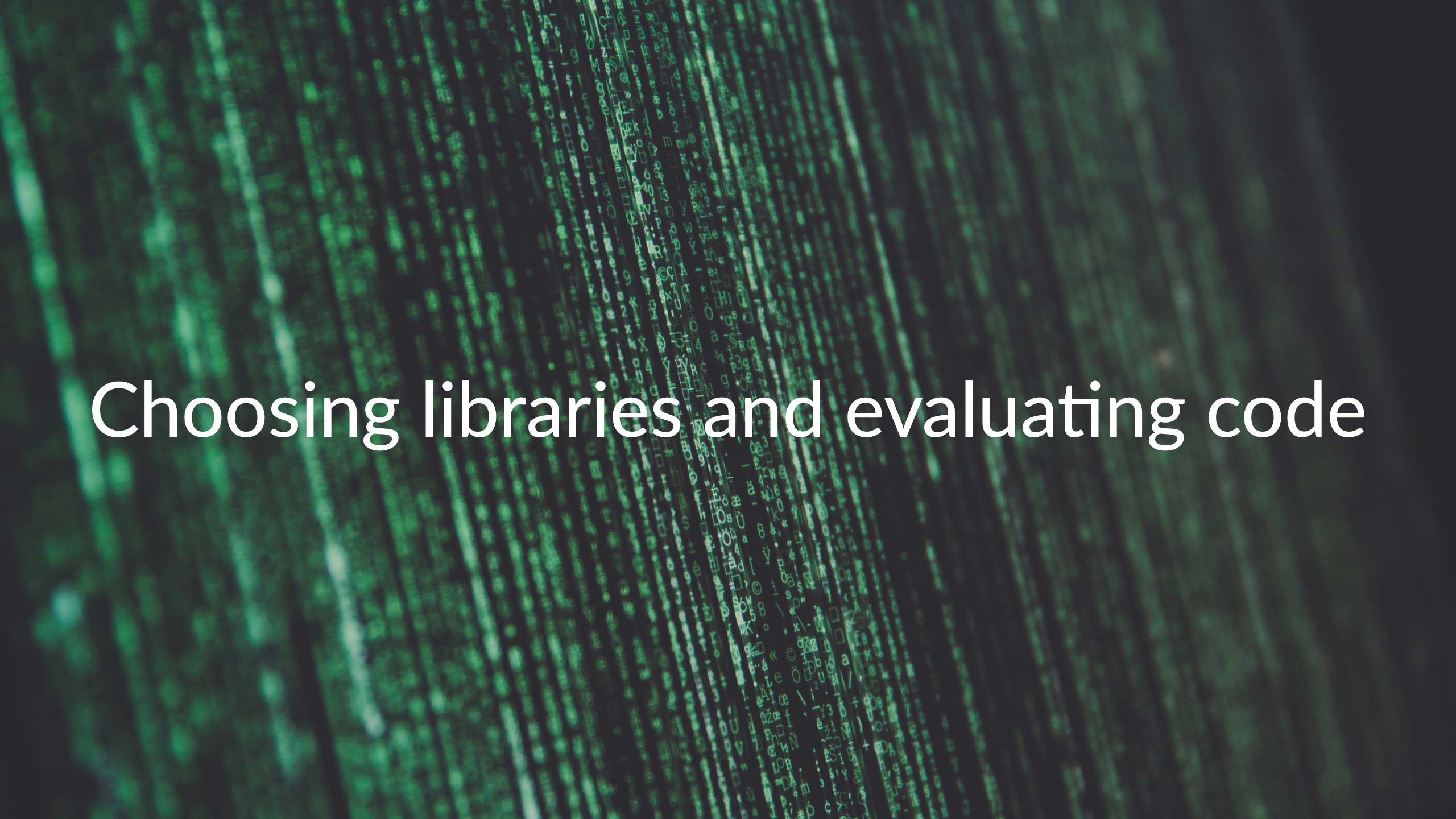
There’s been some interesting research into the effects of increased levels of CO₂ on human cognition. Namely that elevated levels of carbon dioxide essentially make us dumber. Studies have found that concentrations above 1000ppm can have a significant negative impact.
What’s more, CO₂ tends to build up in conference rooms as a meeting goes on, meaning CO₂ levels will be at their highest near the end of the meeting when decisions are often being made. Poor air quality might actually be making us do stupid things (archive).
To combat this at work, we’ve installed air quality sensors in the meeting rooms at our office. These are relatively affordable, off-the-shelf Netatmo air quality monitors. They monitor temperature, humidity, CO₂, and noise levels.
→ Read more…



